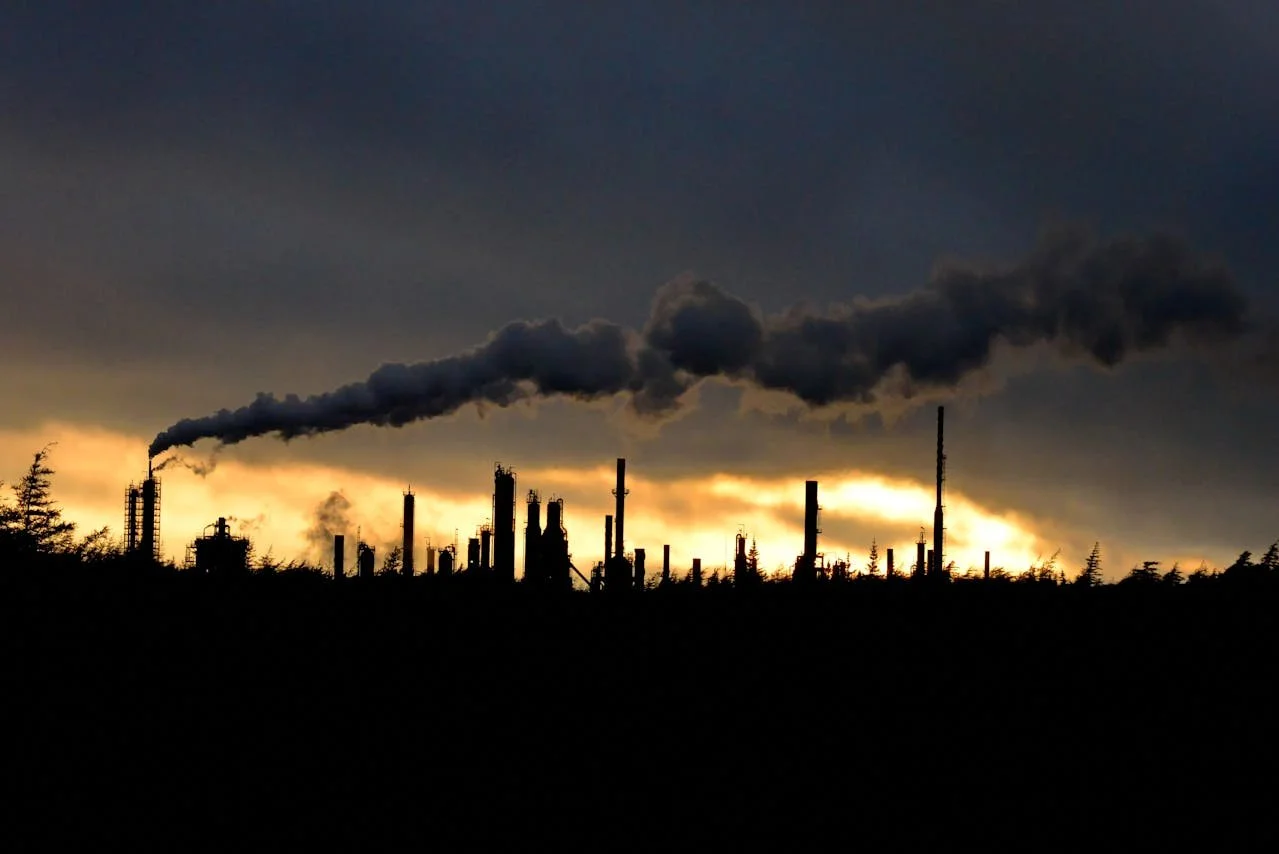Adverse effects of pollution on ‘fenceline communities’
by Daniel Fink, MD, Chair, The Quiet Coalition
Photo credit: James Smeaton
The Pennsylvania chapter of Physicians for Social Responsibility recently published a report titled, “The Polluter Next Door: A Report on the Mental and Emotional Effects of Industrial Pollution on Fenceline Communities.”
A “fenceline community” typically borders industrial facilities such as refineries, petrochemical plants or oil and gas wells. Those living in these neighborhoods are exposed to chemicals in the air and water, constant noise and diminished property values. More often than not, these people are poor, minorities, immigrants or others at society’s margins. The wealthy can afford to live in better neighborhoods, or move if one of these facilities is built nearby.
The report contains a small but accurate section on noise pollution, which points out that noise is an environmental health hazard. The American Public Health Association recognizes this in its updated policy statement. The section also cites my favorite review article on the auditory and non-auditory effects of noise. Unfortunately, research shows that the neighborhoods where poor, minority and immigrant populations live are exposed to more daily noise than wealthier, whiter neighborhoods.
We hope the efforts to protect fenceline communities in Pennsylvania are successful and can be copied in other states. Quieter communities, as part of a quieter world, will be a better and healthier world for all.

